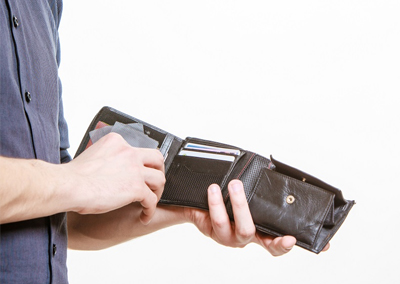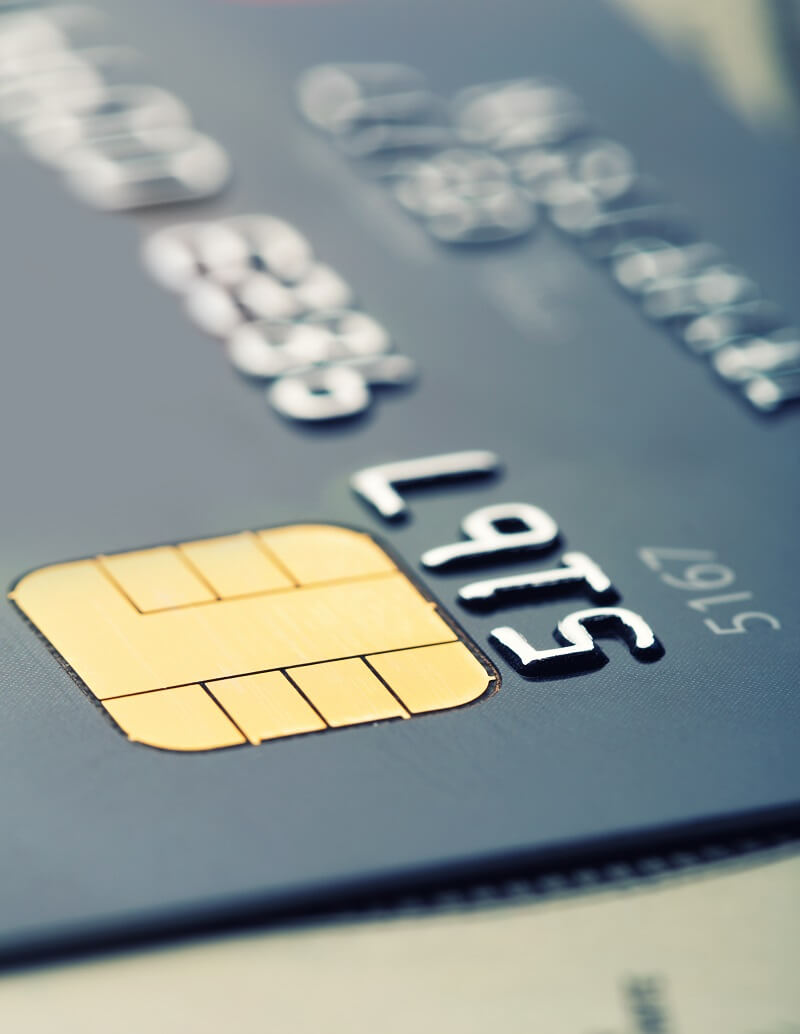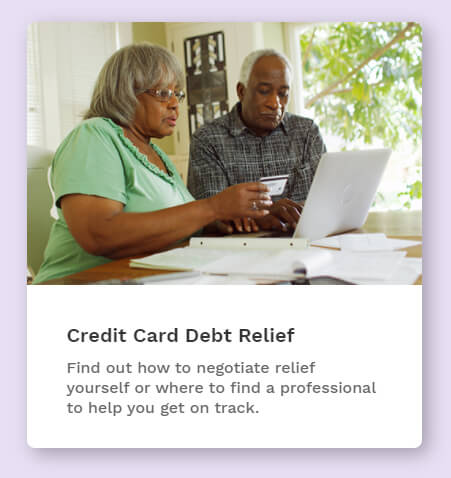Do You Need Credit Card Loss Insurance? Or is it Another Credit Card Scam?
 A range of credit card insurance options — ranging from credit card loss insurance to credit card balance protection insurance — are available to credit card holders, but having an understanding of these types of insurance is essential to avoiding a potential credit card scam.
A range of credit card insurance options — ranging from credit card loss insurance to credit card balance protection insurance — are available to credit card holders, but having an understanding of these types of insurance is essential to avoiding a potential credit card scam.
Recently, credit card loss insurance – sometimes called a credit card loss protection plan or credit card fraud protection insurance – has been marketed to consumers, claiming to protect them from financial losses in the event of a stolen or lost credit card.
With this protection insurance in place, credit card holders won’t have to pay a penny if they find themselves on the receiving end of credit card fraud. But this type of credit card insurance can cost you something to the tune of $200 – $400 a year, and could potentially be a credit card scam in disguise.
So before you splurge on something you may not need, here are some things you should do before you make a decision:
Familiarize Yourself with Your Fraud Protection Rights
The Canadian government put some fraud protection measures in place to protect consumers from credit card fraud, which could make these credit card loss insurance packages unnecessary. According to the Financial Consumer Agency of Canada, federal law limits your liability to $50 per card in the event of a stolen or lost credit card, or the fraudulent use of your credit card.
That means if your credit card has been issued by a federally regulated financial institution and someone racks up thousands of dollars worth of unauthorized purchases on that credit card, by law your out-of-pocket costs are limited to $50, and not a penny more.
Know the Terms When You Apply For a Credit Card
When you apply for a credit card, read through the credit card agreement and make sure you understand the fine print. Most credit cards have a fraud protection policy, and many others also provide protection to cardholders beyond the maximum liability.
For example, Visa and MasterCard both have a “Zero Liability” policy which means that if you report a lost credit card, you will not be responsible for any of the unauthorized purchases. There could be thousands of dollars in unauthorized purchases on your Visa or MasterCard, but with the “Zero Liability” policy, you won’t have to pay a penny of it.
Understand What the Loss Protection Insurance Claims to Cover, Because You May Not Need It!
Insurance companies that market credit card loss protection insurance claim to provide additional coverage for credit card holders if their card gets stolen or compromised. Essentially, this type of insurance guarantees that credit card holders will be absolved from any unauthorized activity, and that without it, they will be liable for all charges on the card. Faced with the prospect of forcibly paying thousands of dollars in fraudulent charges, buying into this type of insurance may sound like a good idea.
Only, it isn’t.
Given that federal law limits credit card fraud liability and that most credit cards offer a “Zero Liability” policy, credit card loss protection insurance doesn’t offer any additional benefits. Not only is it unnecessary, it’s also a waste of money. Why pay extra for something that’s already been provided for you?
Give Yourself Extra Insurance, at No Additional Cost
If the thought of losing your credit cards sends you into a panic, you can give yourself some peace of mind without buying into an expensive credit card loss protection plan. And the best part is, it’ll come at no additional cost to you.
Write Down Your Credit Card Numbers
Write down all your credit card numbers — in addition to the toll-free numbers at the back of the cards – and keep this information in a safe place, separate from your credit cards. So if your credit card or wallet goes missing, you can have all the information you need to report your missing card.
Call Your Credit Card Company the Moment Your Card Goes Missing
Once you discover that your wallet or credit card are no longer where you left them, call your credit card company immediately. With that one phone call, your credit card issuer will put a hold on your card, preventing further unauthorized activity from taking place. Once the credit card company has been alerted, you won’t be held liable for any fraudulent activity that takes place on your credit card from the moment you report it missing.
Don’t Disclose Your Personal Information
If you get a phone call or an email asking you to disclose your personal information – such as your credit card or bank account number – for “security purposes,” don’t take the bait. The more personal information you reveal, the more susceptible you’ll be to identity theft. With a stolen identity, someone may be able to access your bank account or obtain credit cards or loans under your name without your knowledge.
It’s also important to keep in mind that you aren’t liable if you haven’t authorized a transaction. To that effect, a merchant needs to be able to produce your signature on a credit card slip or demonstrate that your pin was used for an in-person purchase in order for a transaction to be valid.
It’s easy to get lost in the different types of credit card insurance options available to consumers, and it’s even easier to fall prey to a credit card insurance scam. So before you sign up for any sort of credit card insurance, do your due diligence on the insurance so you’ll get a better understanding of what the insurance covers and whether or not you’ll actually need it.
Related:
Do You Need Credit Balance Insurance?







